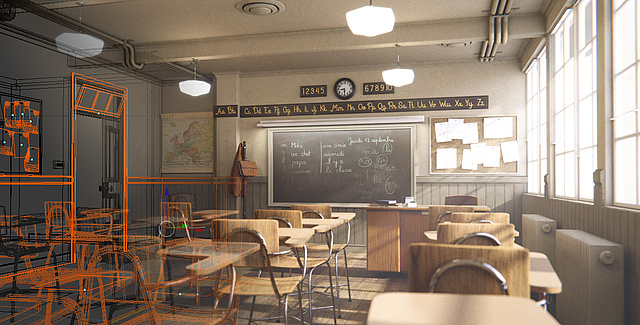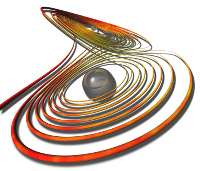3D Computer Graphics and Realism

Content
The creation of realistic computer generated imagery is a very important task in many sectors of the industry, such as movie production, video games, architecture, product design, commercials and simulations. This course provides a broad overview of state-of-the-art algorithms for making photo-realistic images. In particular, the course will focus on both the theoretical and practical aspects of topics such as:- How to efficiently create images with high geometric complexity, often reaching billions of polygons.
- How to accurately simulate the interaction of light with various materials, such as metals, plastic, glass or even dusty or multilayered surfaces.
- How to create realistic images with defocus and motion blur, properly simulating the characteristics of a real camera (lens aperture, shutter speed, etc…).
- How to properly compress the High Dynamic Range of the created images for displays with lower dynamic range, while still preserving the image details.
- How to simulate the indirect bounces of light (global illumination) in a scene using state-of-the-art Monte Carlo methods.
- How to eliminate aliasing and other sampling artifacts during image synthesis.
Lecturers
